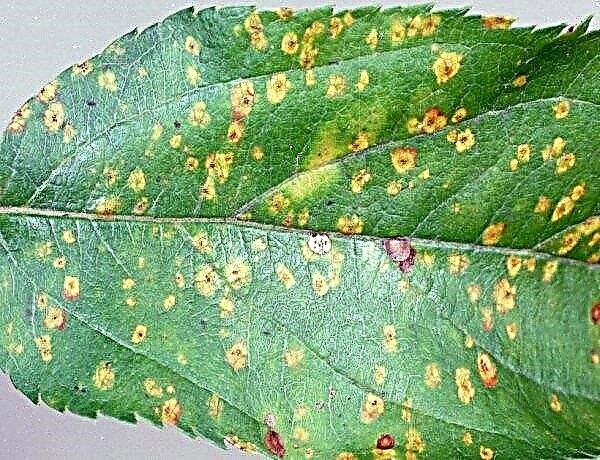Today, coronavirus is one of the hottest topics that is expected to affect consumer attitudes and behavior in the long run. Currently, due to the uncertainty caused by the epidemic, maintaining health and minimizing the risks of disease is a priority in consumer decision making.
The widespread uncertainty also greatly affects brand loyalty, so it is important that brands act responsibly and represent consumers, as stated on the page of the National Agricultural Chamber of Hungary (NAK). Due to the epidemic situation, many consumers suffer from loss of income (for example, layoffs, forced leave without pay, wage cuts), which is also reflected in their purchasing decisions.
The first documented vineyard is located in the Tokai region, where wine production began in the fifth century.
Shopping is becoming more value-oriented for protection against the virus, which reduces the importance of brands that charge for unnecessary features. Although the news on coronavirus is small, consumers perceive, for example, the positive environmental effects of a society's retreat. In addition, some brands are engaging consumers in the fight against the virus. An example is the purchase of products to help employees.
Consumer responses to social needs influence brand recognition. Conscious consumers expect brands to demonstrate their ethical and responsible behavior, which can range from pricing to protecting the environment and the integrity of the entire supply chain.
- Valencian onion farmers in regions such as L'Horta, Camp de Turia and La Ribera have great difficulty selling their crops early in the campaign.
- Russia and Ukraine are currently restricting grain exports. This was caused by the epidemic and rising food prices in both countries.
- Balás Györfi, President of the National Chamber of Agriculture (NAK), held a podcast discussion with Istvan Jakab, President of the Association of Hungarian Farmers' Groups and Cooperatives on the impact of the epidemic on agriculture.












